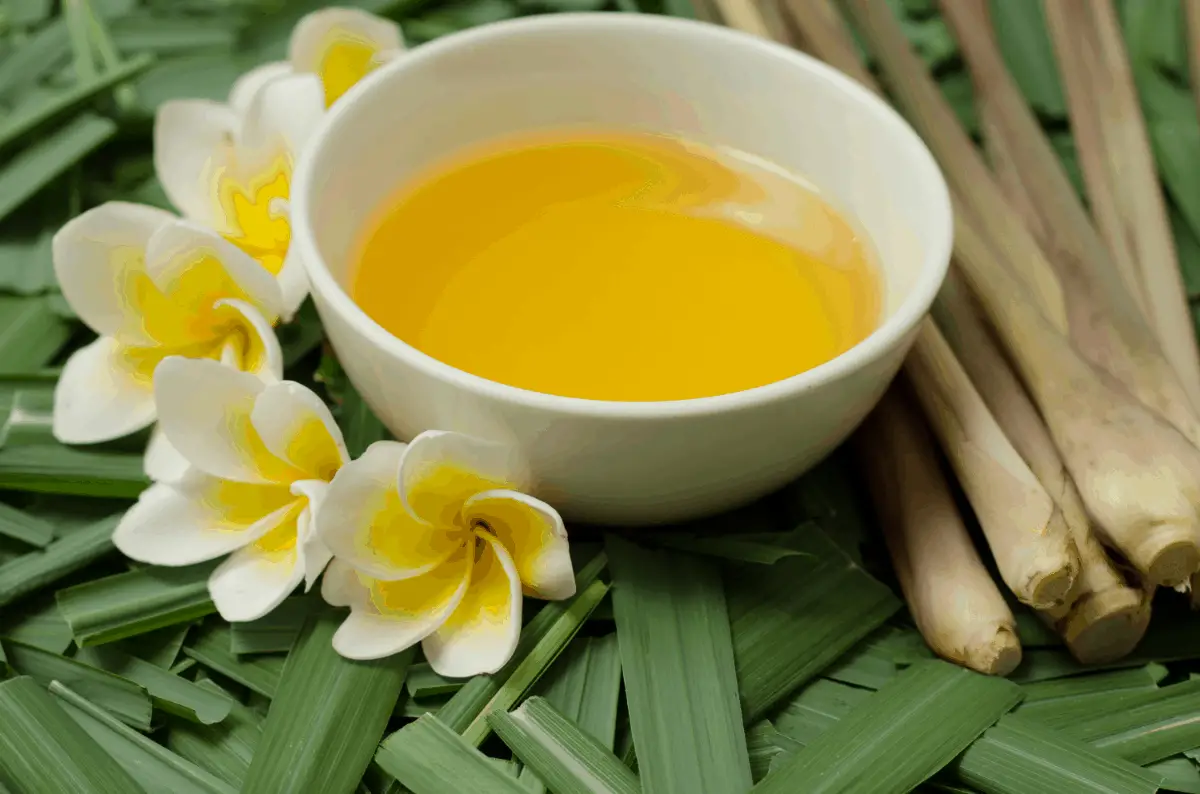Last Updated on October 19, 2024
Citronella oil is an essential oil that has a lot of application in aromatherapy. For those of you asking “does citronella repel flies?” you are absolutely right as the oil is an important ingredient in many insect repellant products. In this article, we will be discussing citronella oil, it’s many uses and health benefits. Without wasting much time, let’s jump right in
Table of Contents
What is Citronella?
Citronella oil is an essential oil that is gotten from the stems and leaves of various species of the citronella grass. The oil has a wide variety of uses but is known throughout the United States as an effective plant-based repellant. The US Environmental Protection Agency (EPA) considers citronella oil as a plant-based pesticide that is completely non-toxic to the health and environment. The plant is a native of Southeast Asia and grown commercially in India, Indonesia, Burma, Java and Sri Lanka. It is grown as an ornament in the United States in southern California and Florida.

The citronella grass appears as a grass blade instead of foliage, so you want to take care when you are shopping for it as there are many citronella scented geraniums that are often sold as the main thing. These alternatives are ineffective when it comes to repelling insects, so you want to take a closer look at the grass just to be sure.
How to Grow Citronella?
Citronella is a perennial grass but a lot of growers in northern regions of the world grow it as an annual crop. While it is true that citronella grass is closely related to lemongrass, the two are entirely different plants. A major difference is in their appearance, take a closer look and you will find out that lemongrass is completely green in color and citronella possesses stems that appear red in color.

You can plant the citronella grass in small pots in front of your home to repel insects or in the garden to serve the same purpose. They can also serve as decoration for your patios and walk ways. At full maturity, they can reach a height of 6 feet and a width of 4 feet. You will need to keep the plant in a place where it can get direct access to sunlight but not too much of it. The right soil to use is loamy soil due to it high moisture retention qualities. When you grow citronella in containers, you need to water them daily and the best time to add nitrogen fertilizer is in spring. When you grow them in beds, the plant requires minimum maintenance and would only need nutrient application once or twice a year.
Citronella Grass as an Insect Repellant
The grass actually doesn’t have any insect repellant properties; it is the oils that do the trick. For the plant to serve its aromatherapy purpose, the oil needs to be extracted for use as an insecticide. You can also squeeze the grass blade and rub the liquid on your clothes or skin to ward of insects. It is advisable that before you apply the oil directly to your body, you should test a small area of your skin to check for any allergies. The oil of citronella grass is effective in deterring mosquitoes, whiteflies, and other insects. But when applied directly to the skin, it will need to be reapplied every hour to boost its effectiveness.
There are also indications that citronella oil is effective in repelling stable flies, head lice, and body lice. There are also aquatic varieties of citronella that are effective against both terrestrial and aquatic leeches. When used as an insect repellant, the oil was found to be more effective when used in combination with vanillin as it was able to provide up to three hours protection from insect bites. They are also effective at repelling insects when used as diffusers than as scented candles.
Other Uses of Citronella Oil
Citronella oil contains chemicals such as citronellol, geraniol, and citronellal which have a wide range of applications. These chemicals are used in the manufacture of candles, soaps, cosmetics, incense and perfumes. The strong antifungal property of citronella is useful in making sprays that help to reduce barking in dogs. You can also combine citronella oil with other oils like avocado oil, sweet almond and jojoba oil for use as a soap or bath wash.
It can also be used in the treatment of colds, fever, and headaches. There are also claims that the plant may help to reduce pain, and increase energy. But it is advisable to talk with your doctor first before using citronella for the treatment or prevention of any condition. On no condition should the citronella oil be ingested as they are still ongoing studies to determine the usefulness of citronella as a drug or for use in cooking.

Is Citronella Oil Toxic?
There are worries that the oil of citronella might have negative effects on the body. But the United States Environmental Protection Agency (EPA) has debunked claims that the grass might be toxic. However, there are individuals who might suffer from allergies or irritations when the oil is applied directly to their skin. That is why it is best to apply it along with other essential oils.
Other Alternatives to Citronella
There are other oils that can help in repelling insects. Essential oils obtained from clove and eucalyptus can also be used in preparing insect repelling balms and protect the skin against bug bites.
Citronella oil can be obtained online or in food stores that sell self-care products and natural food ingredients. When you grow the plant in your garden, you need to keep it close to other crops so it can help to deter insects from your garden especially the ones that chew on plant leaves.
Do you plant citronella in your garden, and have you tried to use it on your skin as an insect repellant? We will like to hear about your experience in the comment section.

Lacey is an environmental enthusiast and passionate advocate for living green and sustainable. She believes that everyone can make a difference, no matter how small. Lacey is dedicated to reducing her own carbon footprint and educating others on the importance of living greener. She is an advocate for green energy and sustainable practices. She is an active member of her local community, volunteering with local conservation efforts, and taking part in sustainability initiatives. Lacey is a firm believer that the only way to ensure a sustainable future is to work together and make small, but important changes.

